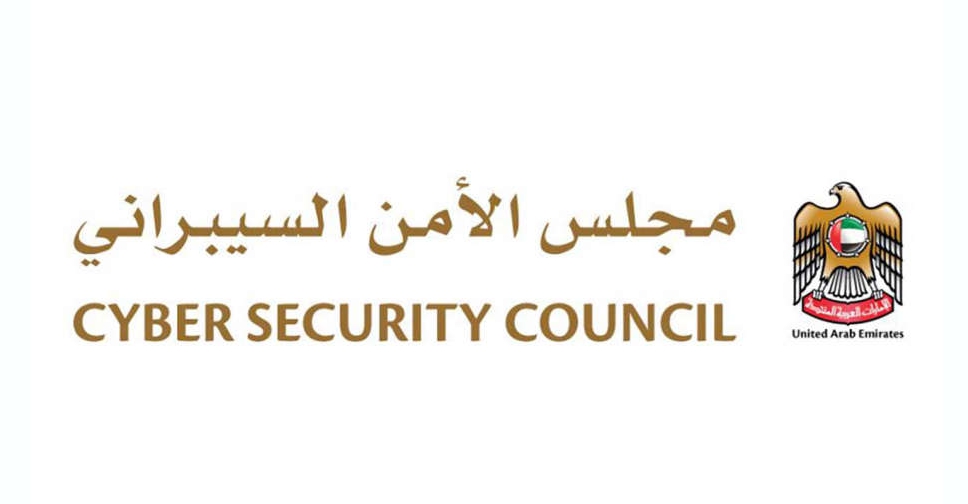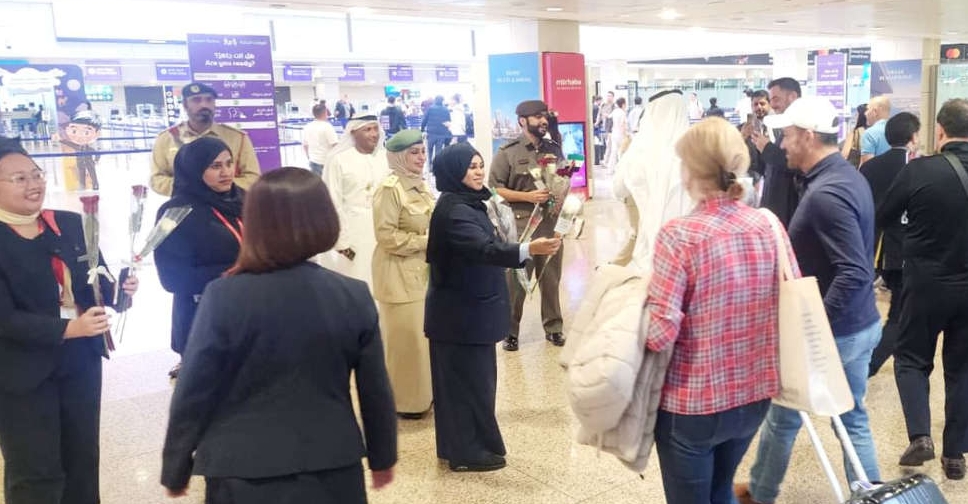
The UAE Cyber Security Council has revealed that cyberattacks targeting strategic sectors in the country have reached more than 200,000 daily.
These attacks are coming from cyberterrorist groups across 14 countries, all of which have been tracked, identified, and their attack sites pinpointed and effectively countered.
The Council explained that these cyberterrorist attacks targeted several strategic sectors, with the government sector leading at 30 per cent, the financial and banking sector at seven per cent, the education sector at seven per cent, the technology, aviation and hospital sectors at four per cent each. The remaining sectors accounted for 44 per cent of the total cyberterrorist attacks.
The Council also pointed out that cyberterrorist attacks varied, including attacks on information technology and infrastructure, which accounted for 40 per cent of the total attacks, followed by file-sharing attacks at nine per cent, and database vulnerabilities at three per cent. Additionally, the persistent threat groups, known as "Blackcat" represent 51 per cent of ransomware attacks.
The Council highlighted that national cybersecurity systems have identified the recurring types of cyberattacks. Incorrect configurations accounted for 27 per cent of total attacks, followed by malware at 22 per cent, scanning and login attempts at 15 per cent, unauthorised access at 15 per cent, phishing at 10 per cent, illegal activities, and web attacks at 11 per cent.
The Cyber Security Council also identified the most dangerous discovered hacking methods and threats targeting the country's key sectors, which were countered efficiently and professionally.
Methods included service denial attacks targeting endpoint devices, which accounted for 39 per cent of the total cyberterrorist attacks, followed by encryption and data leakage attacks at 37 per cent, internet-connected application breaches at 24 per cent, ransomware attacks at seven per cent, and other attacks at 11 per cent.
The Cyber Security Council had previously announced that national cybersecurity systems had countered "ransomware" attacks targeting several strategic sectors in both the public and private sectors, aiming to leak data and lock digital systems.
The Council explained that recent and complex breach attempts had been detected, revealing the use of artificial intelligence technologies, which pose significant challenges targeting digital infrastructure. It also noted the continuous rise in cyber threats utilising AI techniques, not only in deepfake or social engineering but also increasing in the use of AI to enhance malware, including ransomware programs.
The Council anticipates that the current year will witness continued cyberattacks, with the adoption of modern and advanced technologies by entities. These attacks will range from traditional ones, like phishing and social engineering, to newer, more complex cyberattacks using AI, which are harder to detect without more advanced techniques.
The Council emphasised the necessity for all government and private entities to comply with cybersecurity standards to avoid exposure to such malicious cyberattacks.



 UAE condemns Israeli settlers' call to bomb Al-Aqsa Mosque
UAE condemns Israeli settlers' call to bomb Al-Aqsa Mosque
 First flight from Syria lands in Dubai marking resumption of service
First flight from Syria lands in Dubai marking resumption of service
 Dubai bank apologises to customers over transaction alerts sent in 'error'
Dubai bank apologises to customers over transaction alerts sent in 'error'
 Dubai gears up to launch trial of driverless taxis
Dubai gears up to launch trial of driverless taxis
